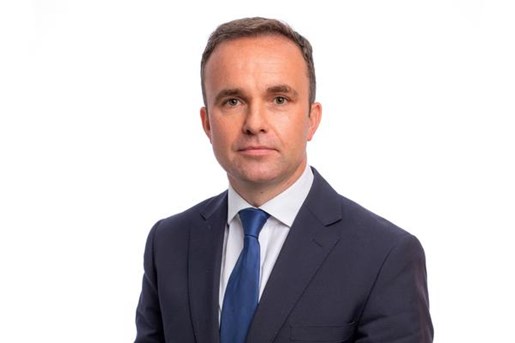The easing of Covid-19 restrictions by the government from the 22 January 2022 may or may not bring about an enthusiasm from employees to return to the workplace.
We have also yet to see the true impact of the Right to Request Remote Working Bill 2021 which is currently being passed through the Houses of the Oireachtas.
Rarely have employers been concurrently faced with such potential agitation in recent times save perhaps as to the enactment of the Data Protection Act, 2018 which gave effect to the General Data Protection Regulation (GDPR) and transposed the Law Enforcement Directive into Irish law.
The near frenzy that occurred across many industries during the advent of the enforcement of GDPR in May 2018 will be remembered by most. Employers and businesses had a head start of approximately two years from the adoption of the Regulation in early 2016 to align their systems with the stringent requirements laid down by the Regulation. Similarly, almost two years have elapsed since the outbreak of Covid-19 and the decision taken by many employers to facilitate the remote working of its staff members. Unlike the events that transpired in the lead up to May 2018, employers could not have foreseen in early 2020 all the necessary protocols to adopt within the workplace in the wake of the recent government announcement to allow the phased return of workers.
Whilst the immediate costs to employers in making their premises Covid-Safe will be marginal in comparison to the costs incurred several years ago by some businesses in preparing for the rollout of GDPR, employers have a duty to ensure employees’ safety, health and welfare at work and a breach of this duty could lead to significant costs for an employer.
The government has published guidelines on preparatory measures which employers should consider in relation to the physical return of staff members to the workplace. At least one Lead Worker Representative (LWR) and a Response Manager or Response Management Team (RM) should be appointed in organisations. The number of representatives appointed to the LWR role should be proportionate to the number of workers.
With the assistance of the RM and the provision of necessary resources from the employer, the LWR will design and implement the protocol to prevent the spread of Covid-19 within the workplace. The staff or management member entrusted to perform the LWR role will provide health advice to colleagues concerning Covid-19 including hand hygiene, respiratory hygiene and physical distancing. The RM will try to ensure that the relevant measures are being followed and may, if necessary, put in place punitive measures for those who fail to comply.
Employers must update their risk assessments and safety statements to account for the potential exposure of employees to the dangers presented by Covid-19. In consultation with the LWR, employers must introduce a Covid-19 Response Plan which should provide for the operation of sign-in sheets and visitor log books, the recording of delivery personnel details and third party service provider information together with the contemporaneous recording of close contacts. A Pre-return to workplace form, or equivalent, must be completed by employees in advance of returning to the workplace. The employer must assess each form to satisfy itself that no worker poses a risk to spreading Covid-19 in the workplace. Each worker must be provided with induction training on their return to work outlining the latest up-to-date advice and guidance on Public Health.
With the lifting of restrictions, businesses still need to put in place workplace adjustments to make their premises Covid-Secure and a statutory obligation is likely to be placed on employers to provide reasonable business grounds for rejecting a staff member’s application to work from home.



